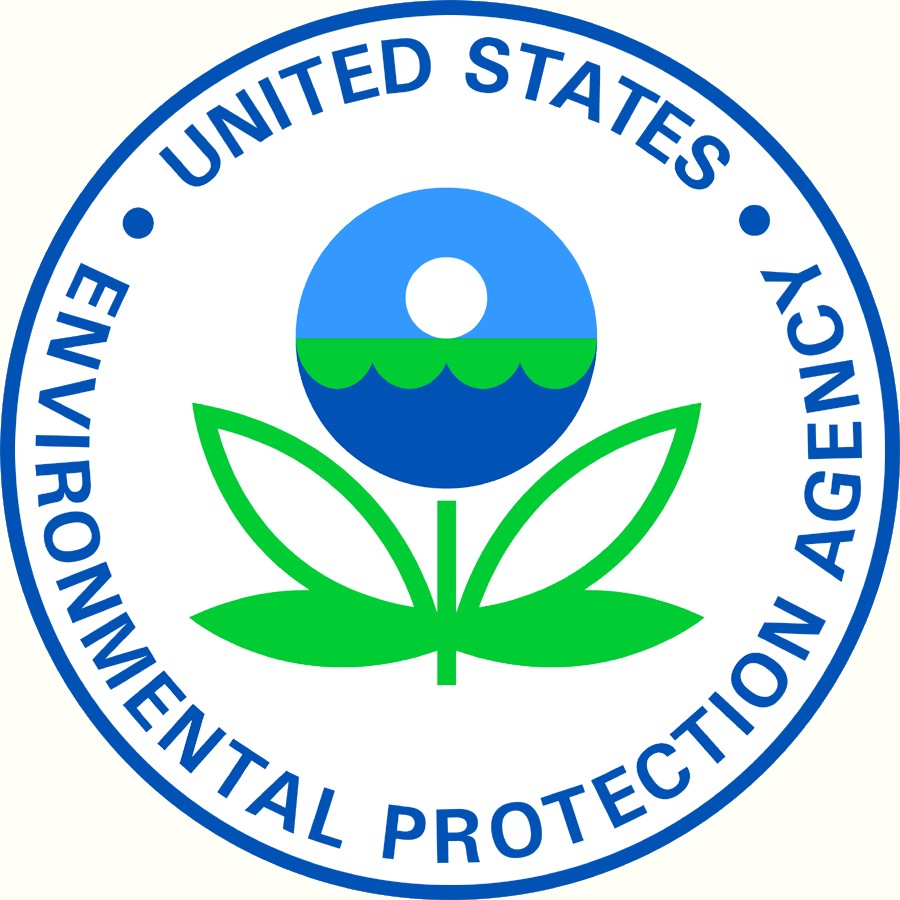EPA Asks for Input on Hazardous Waste Management in the Retail Sector
Seller Beware:Consumer Protection Insights for Industry
Perhaps the mental picture you have when you hear the phrase "hazardous waste" is of an industrial facility with smokestacks and a slew of environmental permits. But retail establishments—drugstores, discount stores, department stores, home improvement stores, grocery stores, etc.—are also potential generators of hazardous waste and therefore potentially subject to hazardous waste management requirements of the federal Resource Conservation and Recovery Act (RCRA), the primary statute governing hazardous waste disposal in the United States.

EPA Initiatives on Hazardous Waste Management in the Retail Sector. While most people may not have been thinking too much about the RCRA-regulated activities going on at their neighborhood stores, the U.S. Environmental Protection Agency (EPA) and companies in the retail sector certainly have. Since 2008, EPA has been at work on an effort to understand the challenges faced by the retail sector in complying with hazardous waste management rules. In 2011, EPA identified clarification of the hazardous waste requirements for retail products as one of 35 "priority topics" for regulatory review, and indicated it would be gathering and analyzing information to identify "issues of concern" in retail hazardous waste management and what the options might be to address those issues.
What EPA Hopes to Learn. Now, after three years of assembling information—which included EPA site visits to retail stores, a distribution center, and a return center, as well as listening sessions with companies and trade associations—EPA on Valentine's Day issued a Notice of Data Availability and Request for Comment (NODA). The NODA includes three Federal Register pages of questions on nine topics. These topics, listed below, encapsulate the issues that EPA believes it needs to understand to make its retail RCRA program more effective. These nine topics are therefore also subjects that retail businesses should be thinking about.
Here are the nine topics:
- Suggestions for improving the RCRA hazardous waste policies, guidances and regulations for retail operations. Among other things, EPA is interested in how state-level policies have addressed retail hazardous wastes.
- Information about the retail universe and the hazardous waste generated. EPA believes that its calculations in the NODA of the number of hazardous waste generators in the retail sector and the amount of waste generated by the sector probably undercount the number of generators, meaning that there may be retail hazardous waste generators who are not aware that they are subject to hazardous waste requirements. The agency wants more information to help it define the scope of retail hazardous waste generation, the operations of retail facilities and the types and quantities of hazardous wastes they generate.
- Information about episodic generation. What does "episodic generation" mean? Well, the NODA talks about "varying generation rates" caused by "product recalls, customer returns, expiration dates, accidental product spills or breakage, seasonality and 'consumer' midnight dumping in retail parking lots"—this variability poses problems in a regulatory scheme that bases generator status on how much hazardous waste is generated on a monthly basis. EPA would like to know how often these variations occur, how they affect a business's status as a hazardous waste generator, and how states address these variations.
- Information about retail stores' programs for handling hazardous waste. EPA wants to know what practices retailers have in place for handling hazardous wastes: Are there written procedures? Where do stores accumulate the hazardous wastes they generate? How often are wastes sent off site for management or disposal?
- Information about hazardous waste training for employees. The NODA notes that retail stores may have relatively high levels of employee turnover, as well as high numbers of part-time and seasonal employees. EPA asks for information on types of employees at retail businesses and the kinds of hazardous waste training they receive.
- Information about aerosol cans. Aerosol cans that have been returned by customers or damaged at some point during their journeys from manufacturers to retail shelves constitute a large percentage of retail sector hazardous waste. The aerosol cans vary in the hazardous or non-hazardous status of their propellants and contents. EPA asks retailers to provide information about the number and types of aerosol cans they generate, and how retail establishments (and state regulators) address management and disposal of aerosol cans.
- Information about transportation and reverse logistics. A significant issue for retailers thinking about their hazardous waste generation is how RCRA applies to their reverse distribution processes, i.e., "where non-damaged products from retail stores are routinely shipped back to consolidation centers." EPA wants information on how companies transport products back to these consolidation centers (also called "reverse logistic centers").
- Information about reverse logistic centers. Here, EPA requests more information about the operations and disposal practices at these reverse logistic centers.
- Information about sustainability efforts undertaken by retail facilities. Among other issues, EPA is interested in the types of collection and buyback programs that retail businesses operate at their stores.
Of course, EPA also welcomes information on other topics relevant to the regulation of retail hazardous wastes. If you have not been involved in EPA's information-gathering process up to this point, this is your chance to provide information and weigh in on how EPA should tailor RCRA to the retail sector. Comments must be submitted by April 15, 2014.
© Arnold & Porter Kaye Scholer LLP 2014 All Rights Reserved. This blog post is intended to be a general summary of the law and does not constitute legal advice. You should consult with counsel to determine applicable legal requirements in a specific fact situation.
